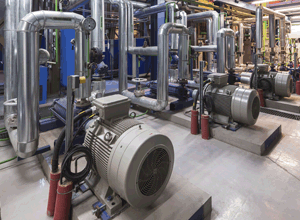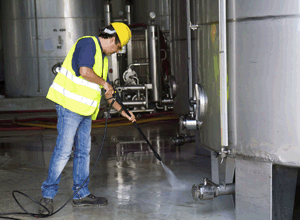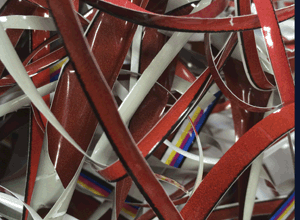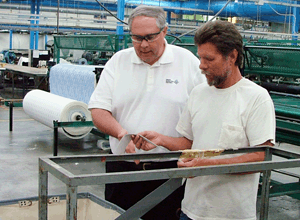This is the Ag Plastics home page on WRP
Global Recycling
Recycling markets are experiencing historic lows in the values associated with their commodity pricing. This has to do with decreasing demand from overseas markets which claim that the recyclables coming from the US are too contaminated. Reduced global demand is affecting all recyclables: residential, industrial, commercial and agricultural. However, ag plastics have always been low in the ranks of desired materials for recyclers because of their dirt content, and now that there are new global market pressures for better quality, things are even harder.
The markets will improve, but we are not able to predict when that will happen.
If you have an established recycling program already, that means that your organization has worked hard to invest in recycling training, education and infrastructure in pursuing sustainability goals and resource efficiency objectives. When recycling commodity markets rebound and organizations with the vision to maintain a commitment to their recycling programs will fare better in the long run. We encourage you to continue your recycling efforts
If you haven't begun your program yet, it may be best to wait until the market conditions change. WRP encourages you to contact us for assistance, so that we can keep you posted about the changing conditions.
When recycling opportunities do exist, be sure to follow the best practices we have developed to minimize contamination for your ag plastics and nurture your relationship with your recycler.
Recycling Pesticide Containers
The Department of Agriculture and Consumer Services manage a website that serves as a clearinghouse for information about pesticide container recycling.
The following web site has details for each county.
ncagr.gov/SPCAP/pesticides/recycle.htm
The following web site has a full list of pesticide recycling contacts.
ncagr.gov/SPCAP/pesticides/documents/pesticidecontainerrecyclingcontacts.pdf
The Ag Container Recycling Council (ACRC) supports USAg Recycling - usagrecycling.com. They offer a FREE service specializing in recycling plastic agricultural containers. Details can be found on:
- Eligibility of containers - acrecycle.org/Where_and_How_to_Recycle/Participation
- Preparation of containers - usagrecycling.com/preparation.html
- Proper rinsing of containers - usagrecycling.com/proper-rinsing.html
The NC State contact is Renee Woody - This email address is being protected from spambots. You need JavaScript enabled to view it.
North Carolina Department of Agriculture & Consumer Services
Structural Pest Control & Pesticides Division
2109 Blue Ridge Rd.
Raleigh, NC 27607
Tel: 919-733-3556
Plastic Waste
Great. You are concerned that you use too much plastic in an industry that would like a greener image that could help market your produce. Many growers try to reuse their plastic waste, but this is not always possible. The next option is to find a recycler who can shred it and sell it to a processor to make new plastic items such as nursery containers, drip tape, decking, trash bags and more. If you do recycle, not only will you help your own business by not having to pay tipping fees, clean up your yard to make it more efficient and have a greener business, but you will also help create jobs in North Carolina.
Key points for recycling your plastic:
1. Find a recycler on the list but talk to them first for advice. They want your business.
2. Decrease your haulage costs by using a local recycler.
3. Maximixe the weight on the truck - the recycler can advise you on this.
4. Nurture your relationship with the recycler.
Maximize the weight on the truck
- Stack on pallets, stretch wrap and pack tightly.
- Loose pots should be nested, if possible.
- Think hard if it’s worth sorting by plastic type.
Decrease your haulage costs by using a local recycler or broker
- Talk with the recycler first.
- Email pictures of your material.
- Work out how much material you have, how often and the time of year.
- Offer to send samples.
- Invite the recycler to come and visit your business.
- Persevere – the markets for ag plastics are expanding.
Nurture your relationship with the recycler
- If you do a good job preparing the material that is easiest for the recycler, then you might be able to negotiate payment for the material in some cases. It's just good business!
Once you have cleared out the backlog of material, then what?
- Plan how to lay out the yard to collect the material for recycling.
- Each time you touch the material you lose money!
- When you have finished with the plastic, store it in a manner ready for the recycler. Then don't touch it again until it is loaded onto the recycler's truck.








